Jack Kirby was so influential a comic book creator that in July, Comic-Con International, the industry’s largest convention, commemorated the artist’s two greatest creations — the 60th anniversary of “Captain America” and the 40th anniversary of “The Fantastic Four. ”
Unfortunately, the cartoonist did not live to enjoy this summer’s double honor. Kirby, who would have turned 84 on Aug. 28, died Feb. 6, 1994. While Kirby’s prolific legacy garners an international following, many may not realize that “The King of Comics,” who spent his last 24 years in Thousand Oaks, had a connection to his Judaism that permeated his life and work.
Born Jacob Kurtzberg in 1917, Kirby, of Austrian descent, grew up on the mean streets of New York’s Lower East Side. (A childhood friend was Leon Klinghoffer, the Achille Lauro hostage killed in 1985 by PLO terrorists.) Kirby’s mother, a vivid storyteller, filled her son’s head with tales of vampires, nymphs and other folk legends from Austria’s mountainous regions.
Breakthroughs marked each decade of Kirby’s career. In the 1940s and 1950s, Kirby created “Captain America” and wholesale genres, such as romance and boy-team comics. In the 1960s, Kirby’s career peaked when he and Stan Lee resuscitated the struggling Marvel Comics and an ailing comic book industry with titles such as “The X-Men,” “Avengers” and “The Mighty Thor.”
Lillian Morlee, a cousin of Kirby’s wife, Rosalind (Roz), remembers the Kirbys as a couple very much in love. While relatives say that the cartoonist was not religious, the Kirbys were active members of Temple Etz Chaim.
“He supported the temple,” said Shimon Paskow, rabbi emeritus of the Thousand Oaks synagogue, where Kirby’s name is on the wall. “He was a very proud Jew. I used to have members read the Torah portion. He always showed up. He took it very seriously.”
During their 50-year marriage, the Kirbys shared four children and three grandchildren. Their Sapra Street residence was alive with Jewish-themed artwork that Kirby did for himself.
“He did a whole biblical sequence in pencil,” Robert Katz, Kirby’s nephew and estate trustee, told The Journal. “Joshua at the battle of Jericho, science fiction-style.”
The Golem was an archetypal story for the cartoonist. Kirby connected with the Jewish folktale’s central themes — a hero created to protect the downtrodden and the persecuted (i.e., “Captain America”) or the cautionary warning of man playing God with science (“The Incredible Hulk.”) Issue 134 (“A Golem Walks Among Us”) put The Hulk into the role of savior of a Jewish village.
Biblical subtexts also inspired the Silver Surfer’s tense Moses-like relationship with his maker, Galactus. Discrimination and persecution were central themes of “X-Men” and “Machine Man.”
“He told me that when he did his comics, he always let the good guys win,” Paskow said. “He was so proud of Israel because he was harassed as a kid and in the army for being Jewish.”
“Jack fought in the front lines of Patton’s army in World War II,” Katz said. “His life and art was very much created by that war experience. He saw the world as black and white and had an incredible sense of righteousness.”
Kirby expressed generosity through his talent, giving Temple Etz Chaim kids sketches and comics. A drawing of The Hulk, wearing a tallit and kippah, hangs in the room of Katz’s son.
“He drew a picture of me flying with a [tallit] and called me ‘Super Rabbi,'” Paskow said. “I asked him to draw a Jewish wedding. He drew Lois Lane and Clark Kent under a chuppah.”
Paskow presided over Kirby’s colorful funeral, attended by an eclectic assortment of cartoonists, bikers and bohemians. He also led a three-week group visit to Israel that became a highlight of Kirby’s final years.
“He always wanted to see the [Western]Wall,” Roz Kirby said before her death on Dec. 22, 1997. “He put a note in the Wall, so I said to him, ‘What did you write?’ He says, ‘Thanks for the vacation.’ We had a great time. I’m glad that, before he passed on, he got to go on that trip.”



















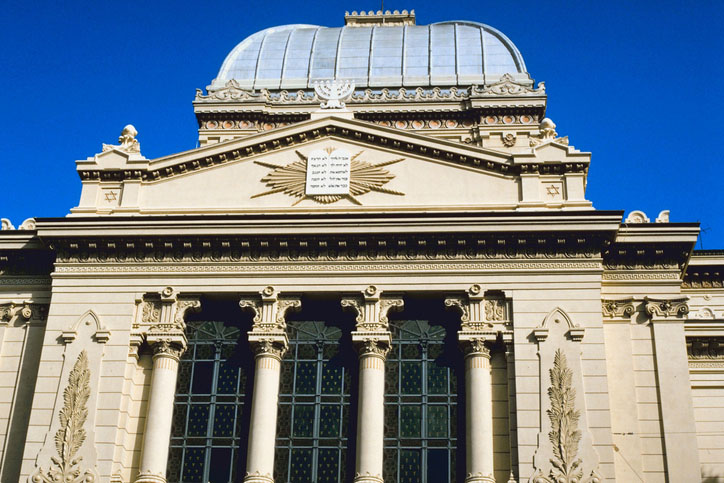

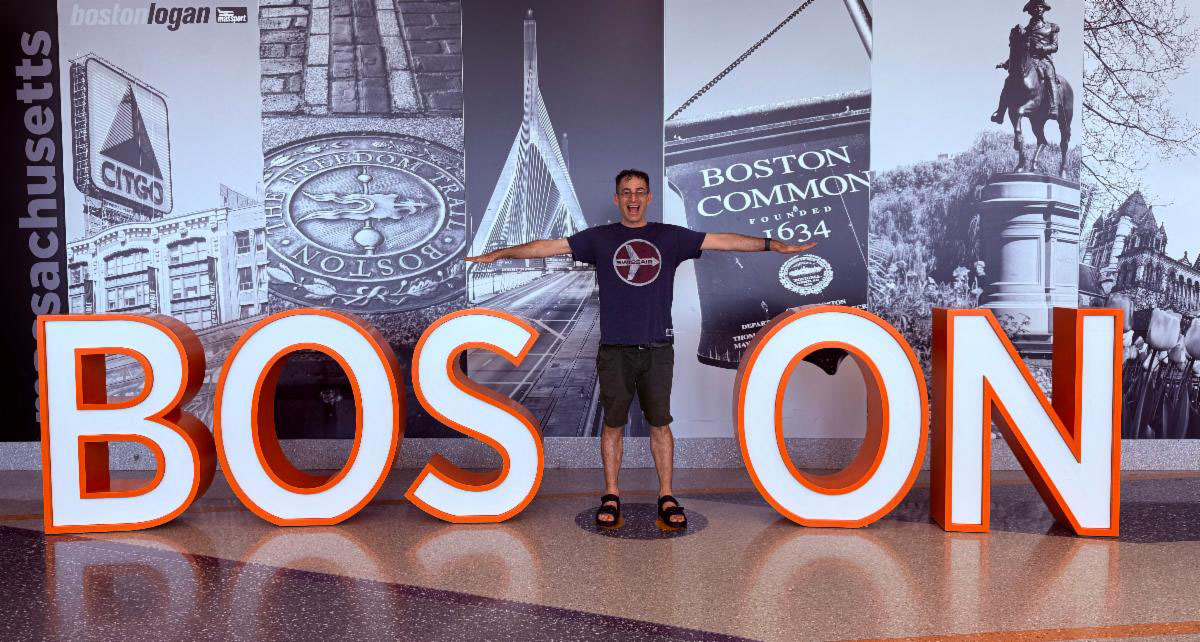
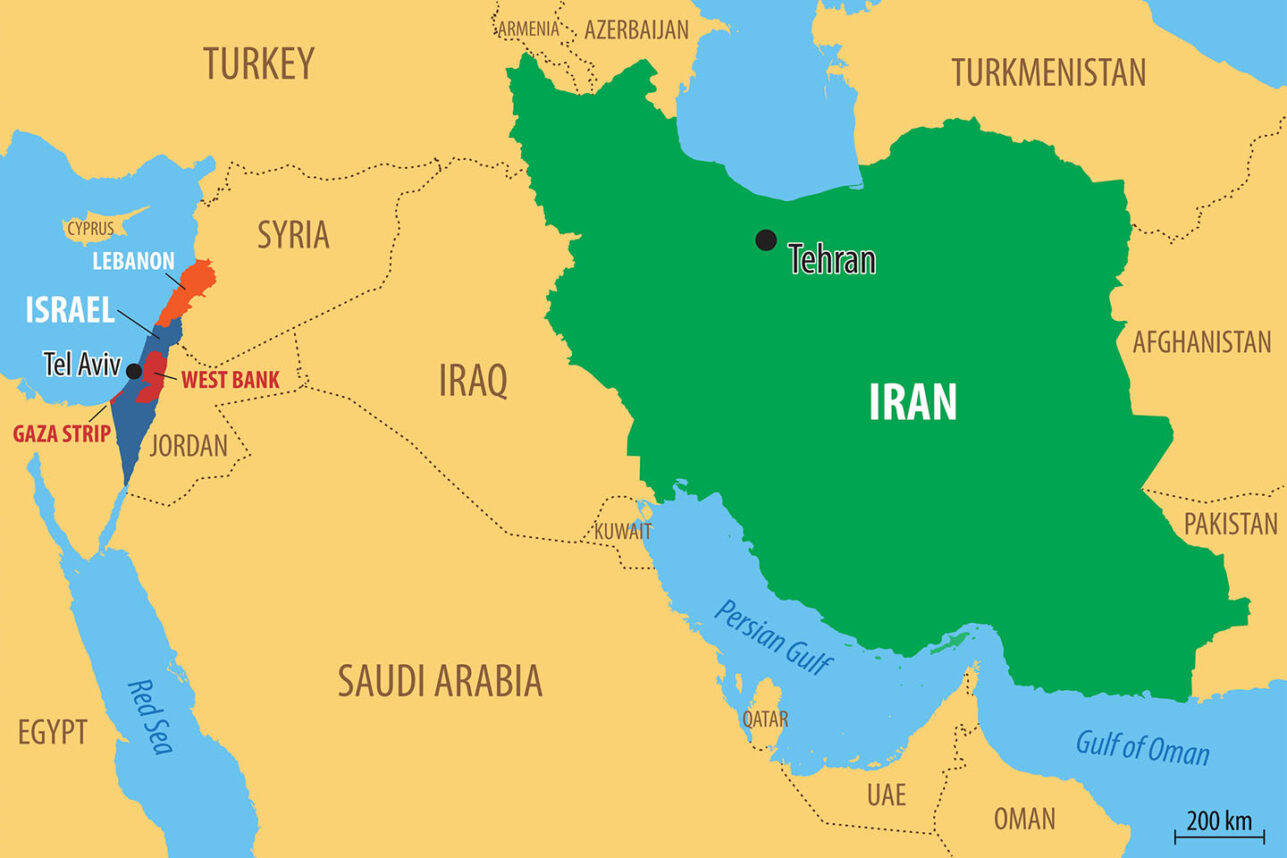
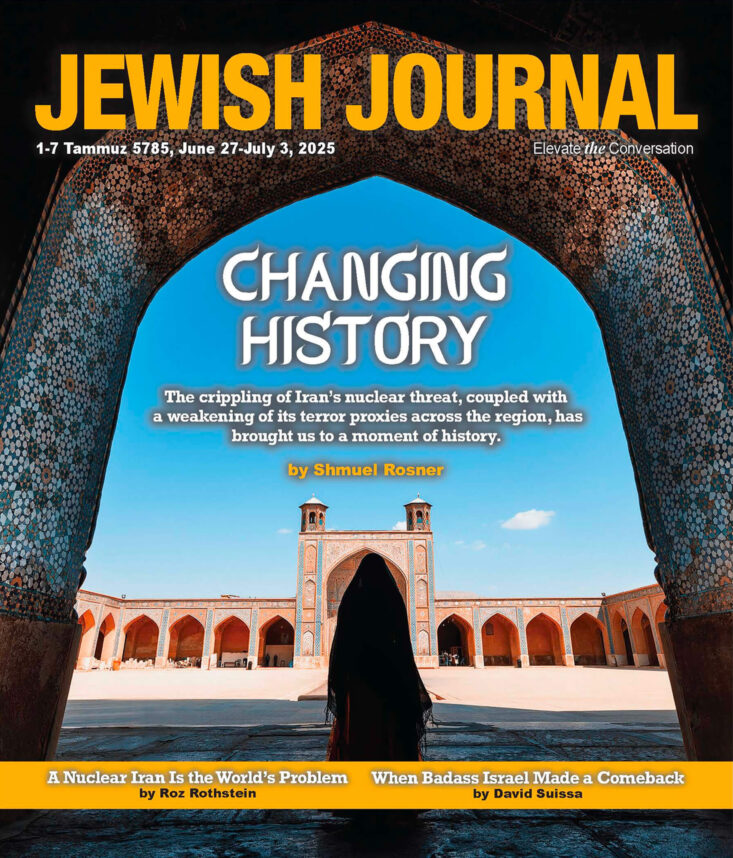
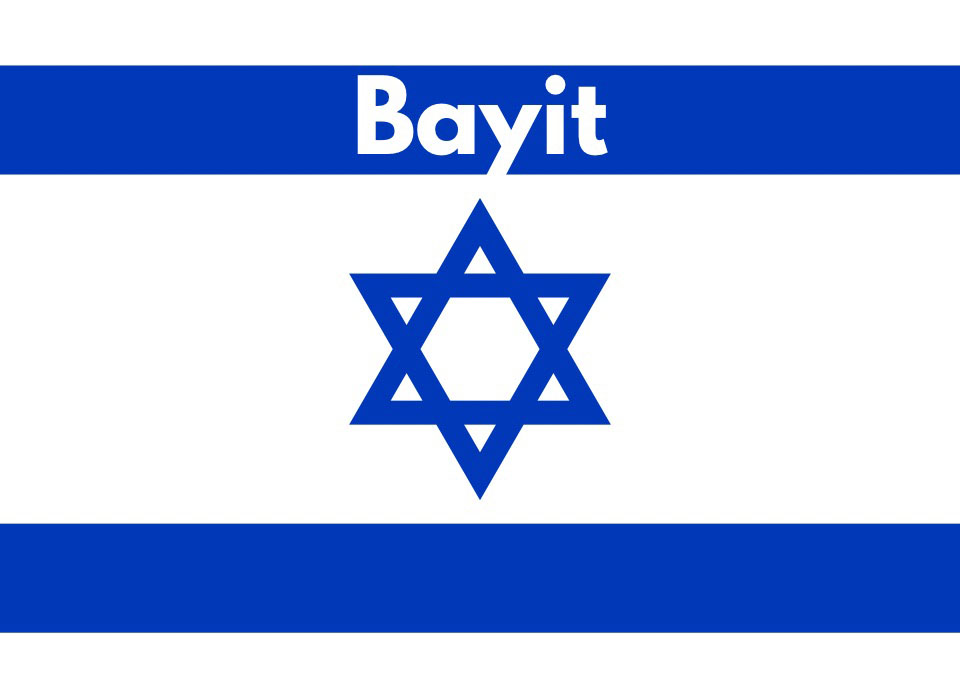
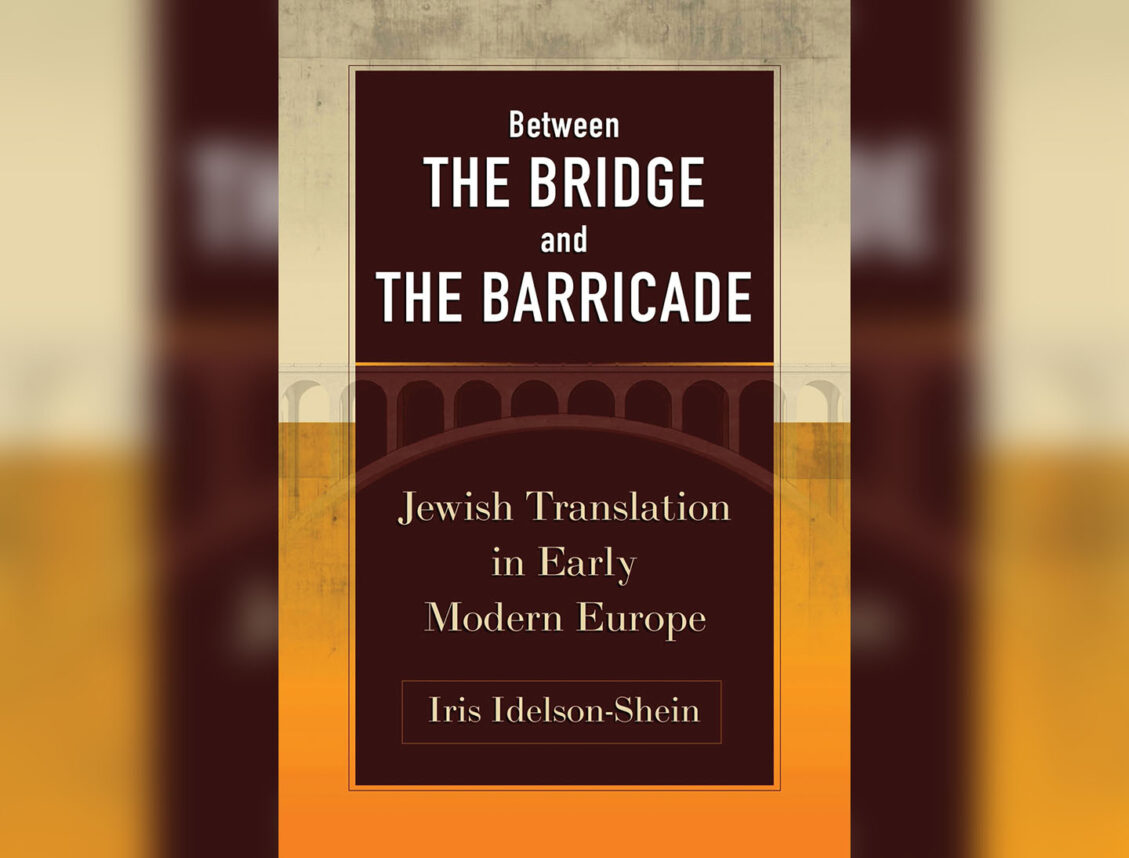

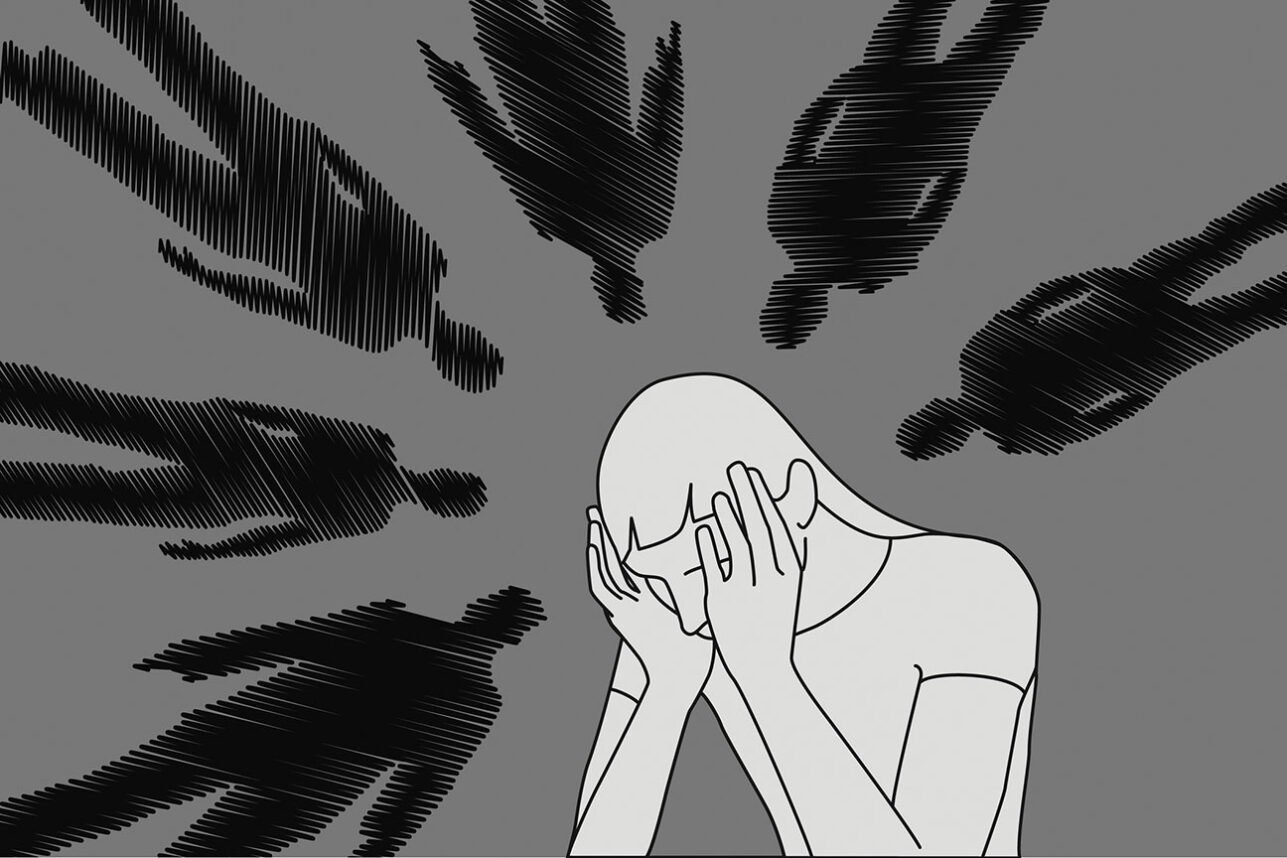
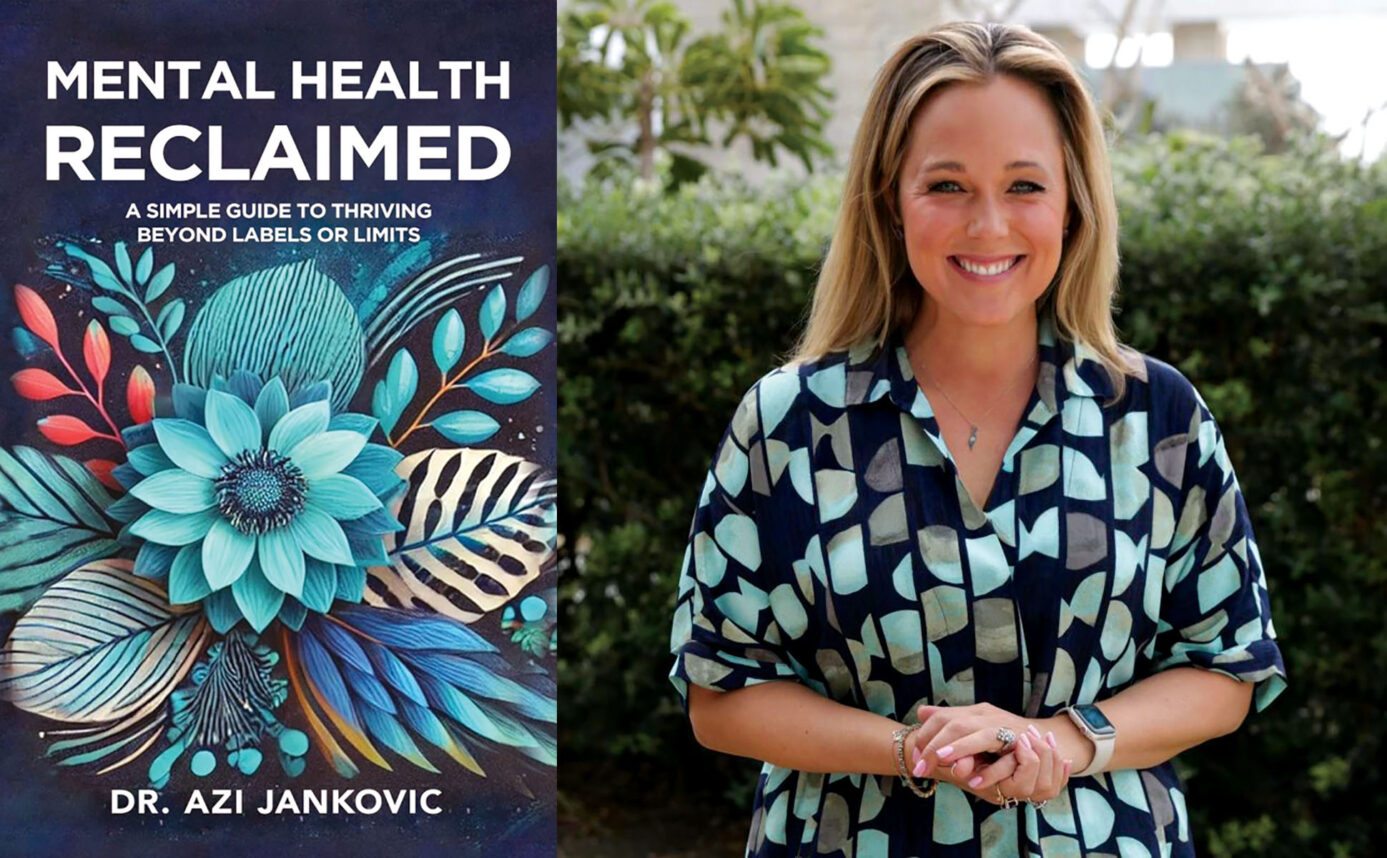
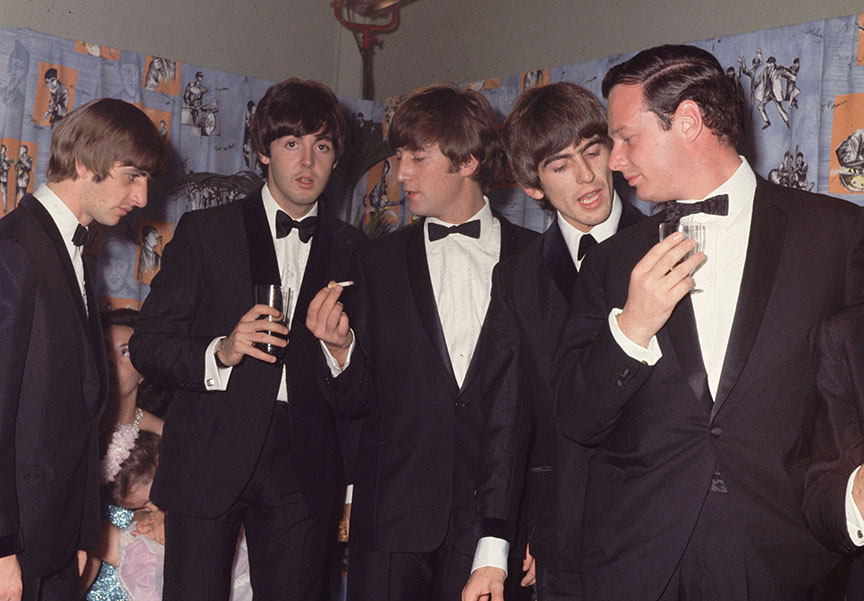
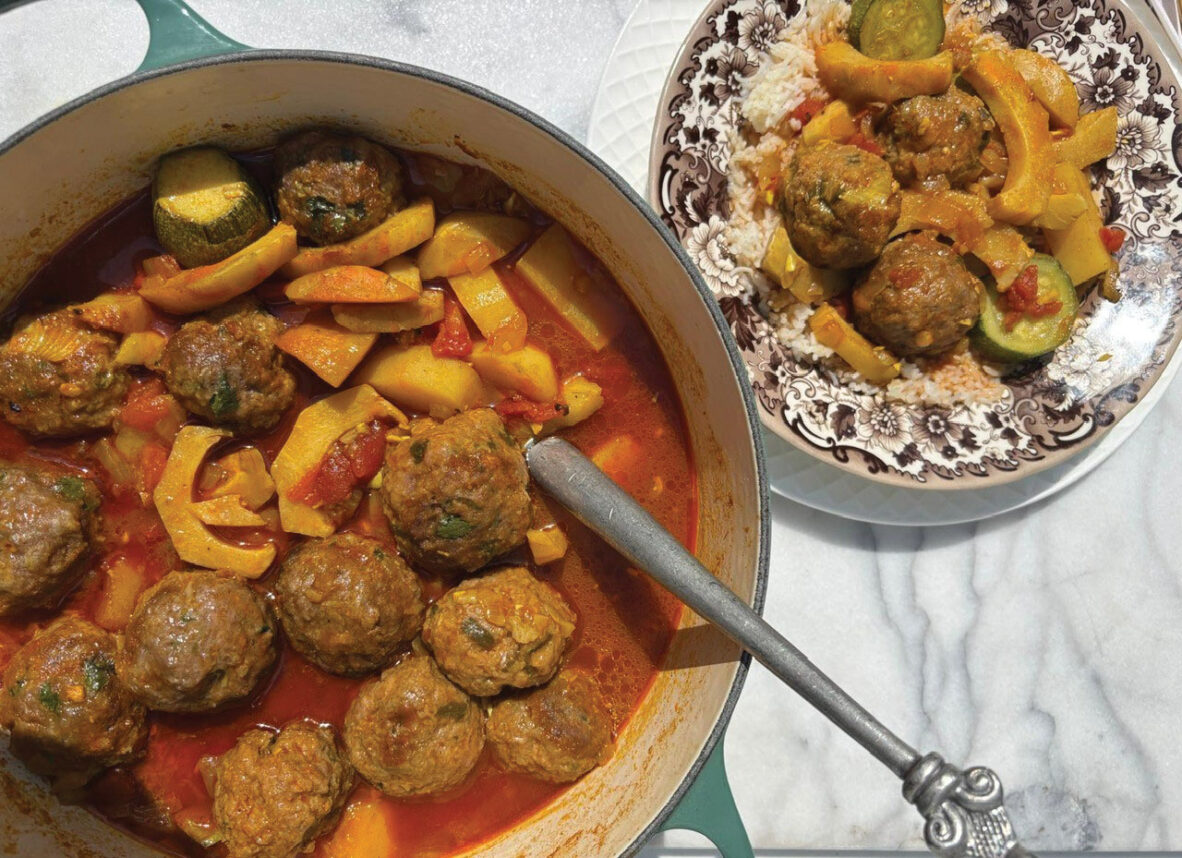
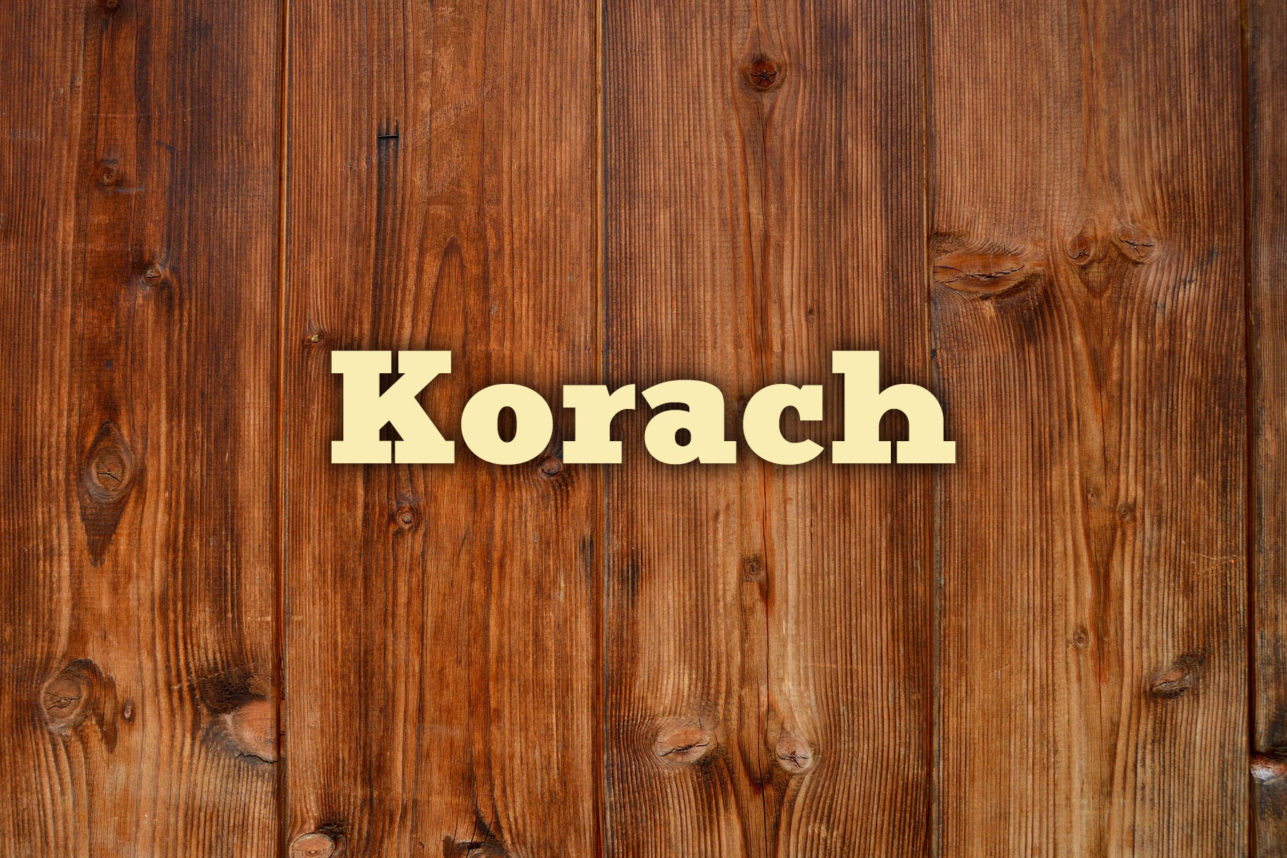

 More news and opinions than at a Shabbat dinner, right in your inbox.
More news and opinions than at a Shabbat dinner, right in your inbox.